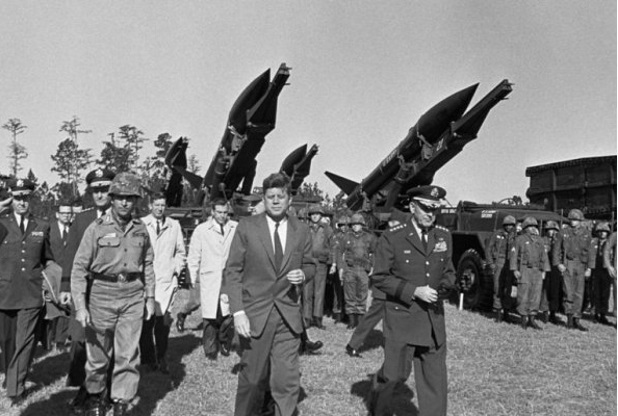
The Caribbean crisis is the most famous case in history when two large countries – the US and the USSR – were on the verge of a nuclear war. The missiles placed by the US in Turkey provoked the Caribbean crisis. In response, the Soviet Union spread its missiles in Cuba. The situation was saved by the efforts of Soviet diplomats and the words of John Kennedy, the US president of that time.
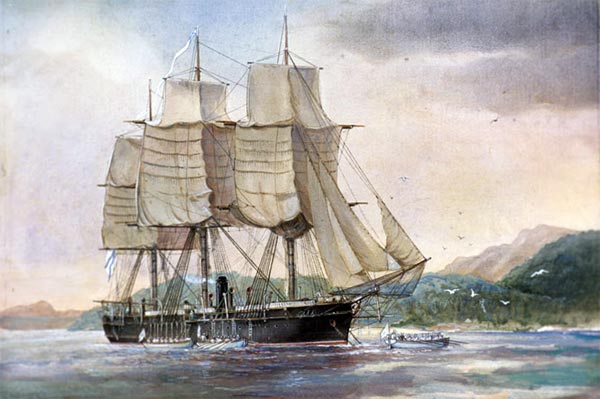
The plan of France to capture Sydney. Not all countries could accept the fact that the UK acquired a whole continent and turned it into one huge prison. In 1802, the French invented how to capture Sydney. They believed that they would need only 1,800 soldiers, and that prisoners should be freed so that they could help them cope with the remaining British soldiers. The plan was not implemented, and it is unclear why. Historians say that after the defeat in the Battle of Trafalgar, France no longer had the resources to fight.
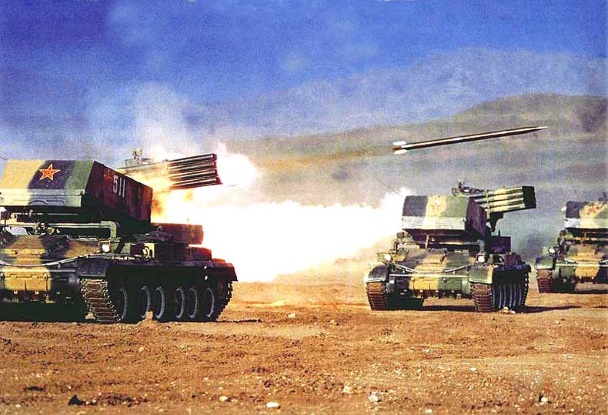
Conflict on the island of Damansky. In March 1969, the PRC and the USSR almost started the war because of a dispute over the Damansky Island. First, border guards of both states fought, and 10 days after that there was even a battle, because the Soviet military, contrary to the order, intervened in the conflict and opened fire on the Chinese from the Grad. Despite this, the USSR lost the island to China. Soon after, it became known that the conflict almost turned into a nuclear war, and only American diplomats saved it from it.
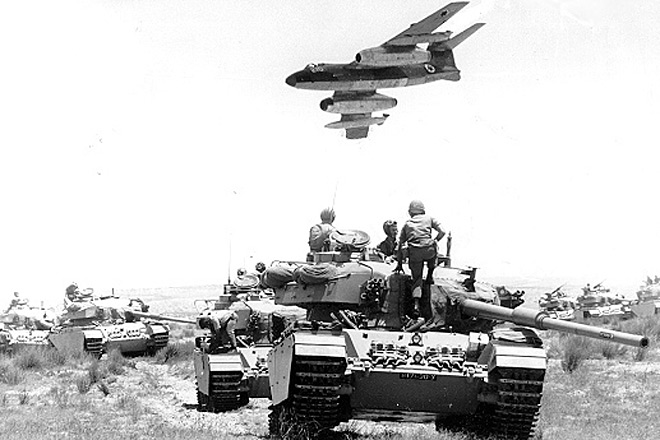
The USSR almost captured Israel (even twice). In the Middle East, the USSR has always had its own interests, and they were not always humane. During the Six Day War between the USSR and Israel in 1967, the Soviet authorities were preparing a full-scale invasion. In the USSR, they hoped that Israel would not be able to fight on two fronts and surrender. Plans were confused by the unexpected victory of the Israeli army. The second time it happened in 1973 during the Yom Kippur War. The US, Israel’s main ally, even declared alarm in the nuclear forces, but Israeli politicians managed to establish an offensive.
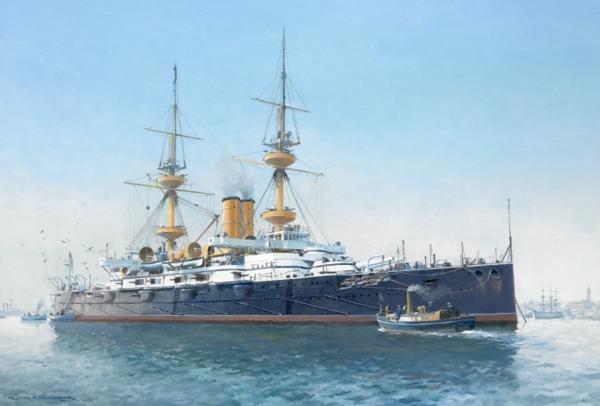
Fashod crisis. The First World War could begin much earlier, if the Fashod crisis did not end with the victory of diplomats. It happened in 1898 during the struggle between Britain and France for the partition of the African continent.
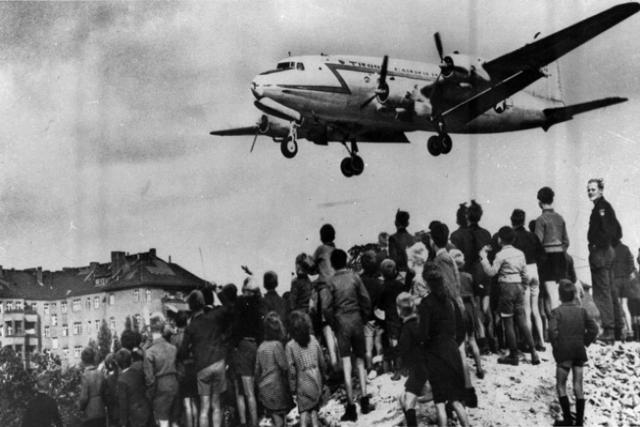
Blockade of West Berlin. This is the first incident of the Cold War. In 1948, the USSR began a total blockade of Berlin, trying to subjugate the city completely. Allies of Germany, in particular the United States, began to deliver products to West Berlin by air. After that, the Soviet Union lifted the blockade of West Berlin, as it was useless.
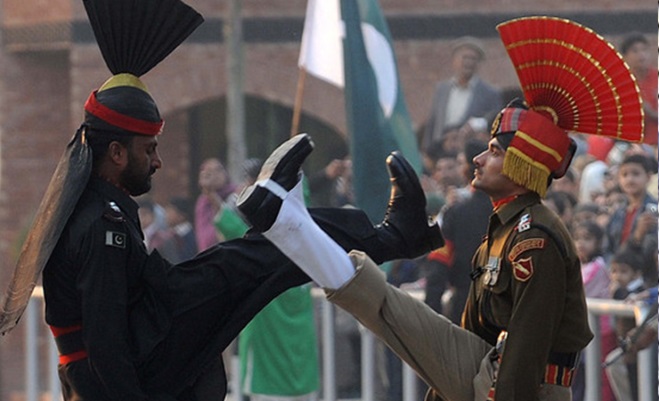
Conflict of India and Pakistan. As early as 1940, India and Pakistan routinely organize skirmishes at the border. Once they stood on the threshold of a real war with the use of nuclear weapons. This happened in 2001, when Pakistani terrorists attacked the Indian Parliament. Then dozens of people were killed. The armies of both countries stood on their borders for 10 months, but no one dared to shoot.
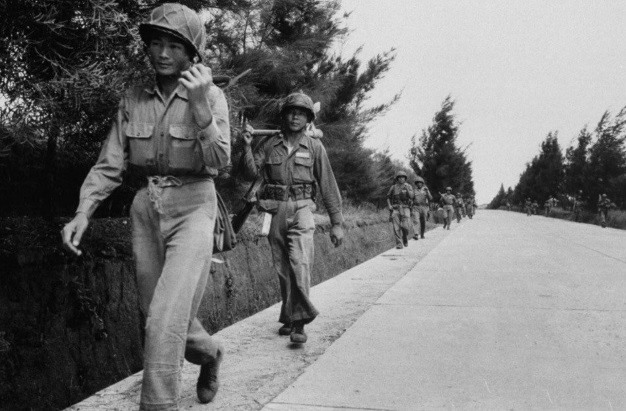
Crises in the Taiwan Strait. For China, Taiwan has been standing across the throat for 50 years. Taiwan’s ally was the United States, which made it clear that they would strike nuclear weapons in the PRC in the event of a war. After China got nuclear weapons, it became much more difficult for the US to threaten it.
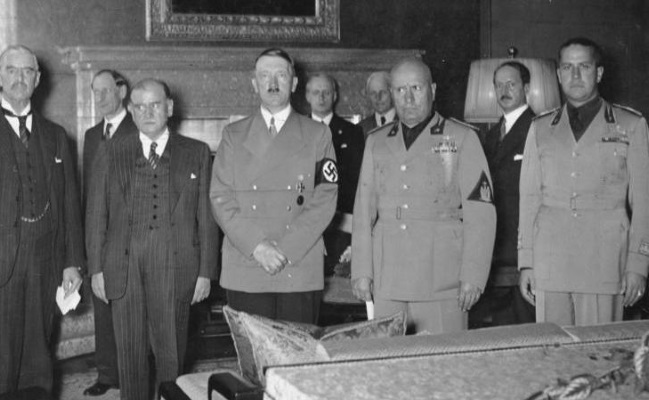
Operation Fall Grun. The Second World War risked starting a year earlier, and then it would end right away. This would become a reality if Hitler insisted on realizing his plan to seize Czechoslovakia. The operation was to begin in 1938, but in Germany at that time there were too many opponents of the collapse of Czechoslovakia. Moreover, France and the United Kingdom clearly gave Hitler to understand that military operations would begin immediately.
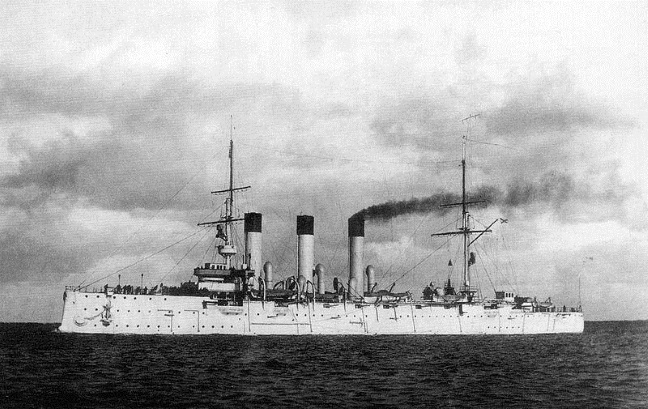
The Hull incident. The second Pacific squadron was initially doomed to failure. As soon as it left the Baltic Sea, it became the cause of a serious crisis with Britain, when as a result of paranoia several fishing boats were shot. British ships were sunk, which caused fury in the British government. It came to the blockade of the Russian fleet in the Spanish port. From the war against England, Russia was saved by 65 thousand pounds sterling and apologies from the highest officials.